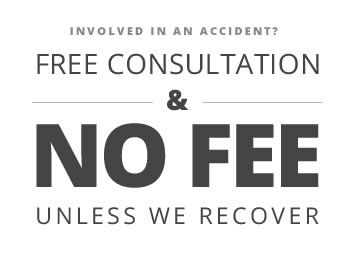You might understand what the term means in common usage, but negligence has a very specific meaning in the practice of personal injury law in Maryland. According to Black’s Law Dictionary, negligence is the failure to act as a reasonable person would. Negligence is also acting in a way that a reasonable person would not. It is a standard of care issue, namely whether people live up to society’s expectations of proper conduct.
However, the definition gets more specific when used in connection with different types of personal injury actions. A Baltimore County nursing home abuse lawyer can provide details as they pertain to your case, but you can read on for an informative summary.
How Maryland Law Defines Negligence in Nursing Home Abuse Cases
In these cases, the concept of negligence refers to a failure to meet the standard of care owed to residents. Nursing homes have a legal duty to provide:
· A safe environment
· Adequate medical care
· Proper supervision
· Appropriate security
When staff or administrators fail to fulfill this duty, leading to harm, they may be held liable for negligence.
What are Essential Elements in a Maryland Elder Abuse Case?
Under Maryland law, proving negligence involves establishing four key elements:
- The nursing home owed a duty of care to the resident.
- The facility failed to uphold that duty.
- The breach of duty by the assisted living center caused harm.
- The resident suffered physical, emotional, or financial damages because of the breach.
Common examples include neglecting basic hygiene, failing to address medical needs, or allowing unsafe conditions.
Proving Negligence in a Maryland Nursing Home Abuse Case
To prove negligence, the plaintiff must provide evidence, such as medical records, eyewitness testimony, or facility inspection reports. Maryland courts often rely on expert witnesses to establish the standard of care that should have been provided and how it was breached.
An essential aspect of proving negligence is causation. The resident’s injuries must be connected to the nursing home’s failure to uphold its duty of care. Documentation and a thorough investigation play critical roles in building a strong case.
Signs of Nursing Home Negligence to Watch for in Maryland
Family members should remain vigilant for signs of nursing home negligence.
- Physical indicators include bedsores, unexplained bruises, or signs of dehydration and malnutrition.
- Emotional red flags, such as sudden withdrawal, fearfulness, or changes in mood, may also point to neglect.
- Environmental clues like unsanitary living conditions, staff shortages, or poor facility maintenance often correlate with negligent care.
Set Up a Consultation with a Baltimore County Nursing Home Abuse Attorney
Now that you know the basics about negligence in nursing home abuse cases, you may need advice on legal options. Securing experienced legal help is crucial to protecting your loved one and pursuing justice. The Law Offices of Michael A. Freedman, with offices in Owings Mills and Glen Burnie, MD, is here to assist. Contact us or call 410.363.6848 to schedule a free consultation and discuss your case with a skilled attorney.



